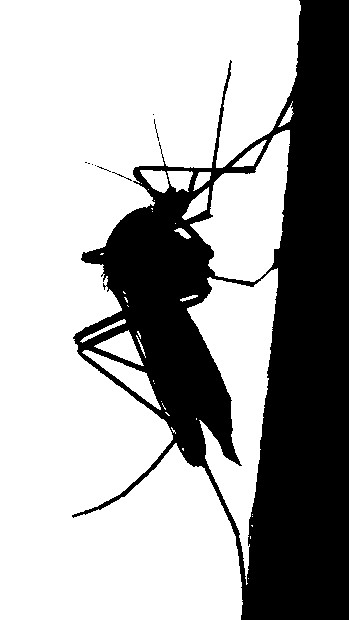Crawling robots set on sewers
 Robots could be the next tool in the fight against mosquitos.
Robots could be the next tool in the fight against mosquitos.
Unmanned ground vehicles (UGVs) equipped with crawling robots and a real-time monitoring system have proven effective in combating dengue-carrying mosquitoes in Taiwan, according to a recent study.
Led by Wei-Liang Liu from the Taiwan National Mosquito-Borne Diseases Control Research Center, the research team developed a UGV system capable of identifying and eradicating mosquito breeding grounds within urban sewers.
Dengue fever, along with other diseases such as chikungunya, yellow fever, and Zika, is primarily transmitted by the Aedes mosquito species.
The expansion of urban areas has facilitated the proliferation of these mosquitoes in sewer networks, posing significant challenges for conventional monitoring programs.
The UGV system combines a crawling robot, a wire-controlled cable car, and a real-time monitoring system to capture high-resolution images of sewer areas.
The researchers deployed the system in Kaohsiung city, Taiwan, from May to August 2018, focusing on areas with suspected mosquito hotspots.
Mosquito gravitraps were strategically placed above the sewers to assess the impact of the UGV intervention on adult mosquito populations.
Results revealed that 20.7 per cent of the inspected sewers contained Aedes mosquitoes in various stages of development.
In response, targeted control measures were implemented in the affected sewers, including the use of insecticides and high-temperature water jets.
Following these interventions, the gravitrap index (GI) - a measure of the nearby adult mosquito density - significantly decreased from 0.62 to 0.19.
The study's authors highlight the potential of widespread UGV deployment in eliminating mosquito breeding sources and subsequently reducing the prevalence of dengue fever and other illnesses.








 Print
Print